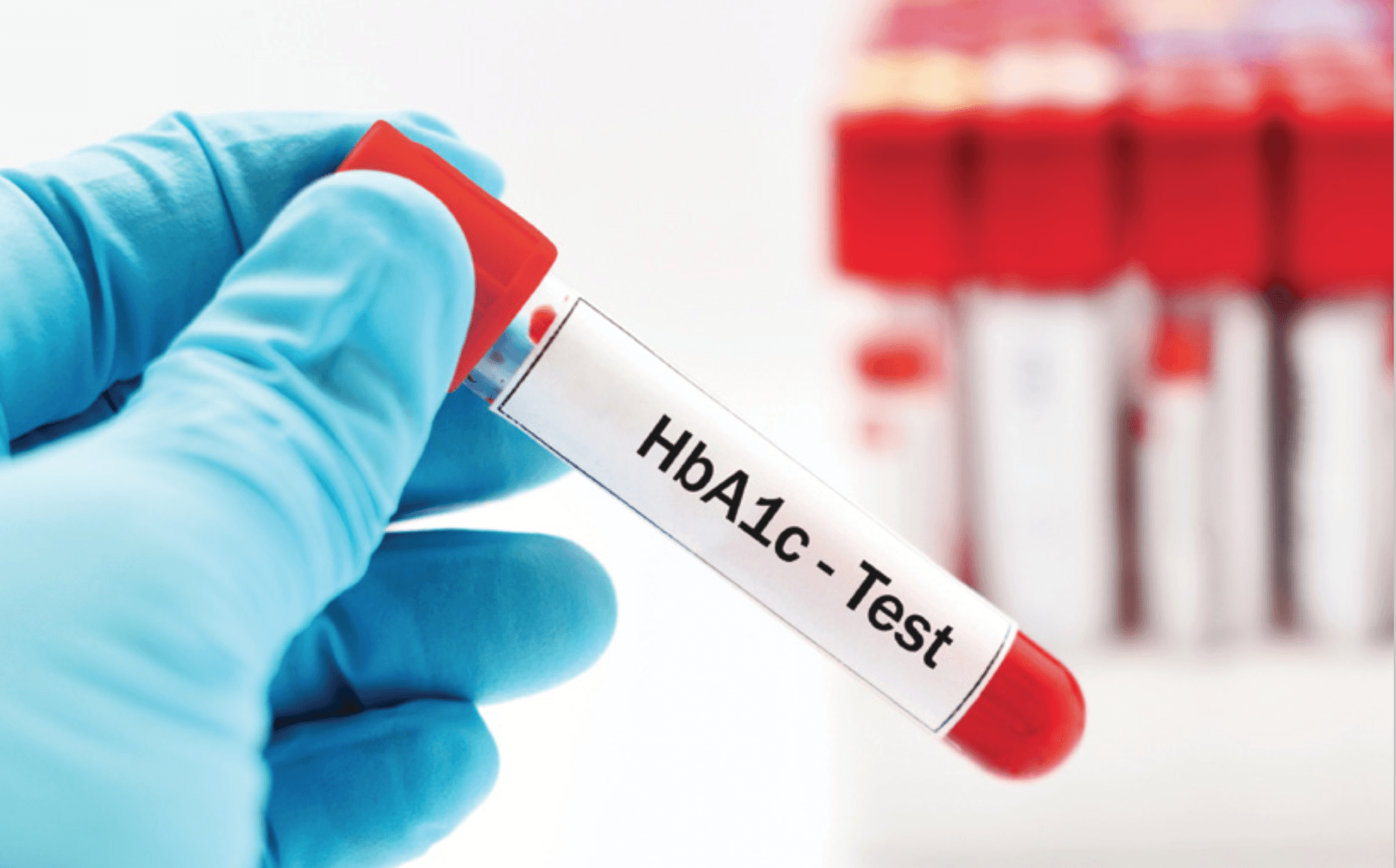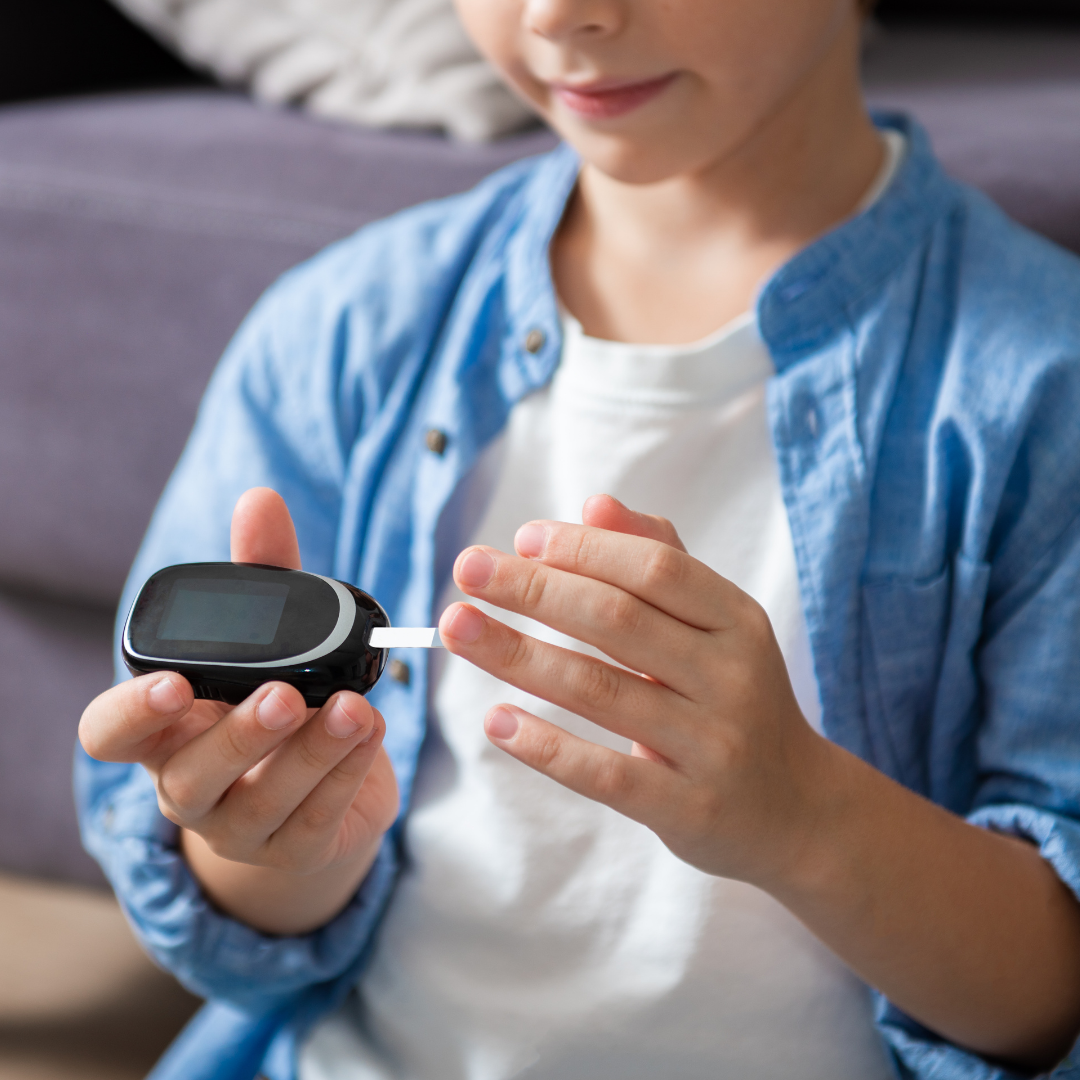The Importance of Regular Lab Testing
Article compiled by Breanna Mroczek with information from Dr. Mathew Estey, Clinical Chemist and Co-Director of Chemistry at DynaLIFE Medical Labs, and Dr. Christopher Naugler, Calgary Zone Clinical Department Head, Pathology and Laboratory Medicine, Medical Director
A visit to the lab for testing isn’t something that should just happen for a diagnosis. Two experts share why frequent testing is vital to healthy living.

Reliable Testing
Whether diagnosing or managing diabetes, clinicians at DynaLIFE Medical Labs (DML) in Northern Alberta and Calgary Laboratory Services (CLS) have turned to one very reliable—and convenient—test: the HbA1c blood test, also known as the haemoglobin A1c or glycated haemoglobin test.
Unlike its predecessor, the glucose test, HbA1c testing requires no fasting. Because it measures glucose control and tolerance over a period of time instead of at the precise moment of testing, it is a useful test for the initial diagnosis of diabetes as well as subsequent testing to manage diabetes over time.
Diagnoses
Physicians will provide requisitions for the HbA1c test to patients with risk factors of diabetes. The test will provide results the physician can use to then diagnose the disease if applicable.
Management
Patients with diabetes should have the HbA1c test administered every three months or 90 days. Dr. Christopher Naugler with CLS says that there is a problem with patients who over or under utilize HbA1c testing. "Many patients don't get tested at all after their initial diagnoses, which is problematic because then we can't see trends in blood sugar control and their physician can't adjust treatments, provide ongoing diet counselling, or check for side effects such as foot and eye diseases," Naugler says. "Lab testing is an ongoing part of having diabetes. That said, there is no benefit for patients who go for testing more than four times per year. Testing more often than once every three months has no added value for the patient," Naugler says. The only exception is with pregnant women who have gestational diabetes, who may need more frequent testing during their pregnancy.
“Patients with diabetes should have their urine protein checked annually, but most don't" says Naugler. "If there is protein in the urine, sometimes treatment of the kidneys is required or the patient will be at risk of other diseases." Naugler advises those with diabetes to regularly follow up with their physician and get requisitions not only for your routine HbA1c test but also for annual urine protein and kidney function tests as well.
While the HbA1c blood test is very reliable for most patients, there are some subgroups and disorders for which the test will not be sufficient. "In any case where there's a disorder that affects the lifespan of red blood cells, which in turn affects the HbA1c in a way that's independent of glycemic control, a glucose test is a better option," says Dr. Mathew Estey with DML. In addition, Estey says that patients with cystic fibrosis, who are likely to develop cystic fibrosis-related diabetes (CFRD), require an oral glucose tolerance test instead. While the test is not as ideal, work is currently being done to find a new test that will work to help diagnose patients with CFRD.
Provincial Utilization Office
Alberta Health Services is trying to increase awareness of the importance of lab testing and address concerns of overuse and underuse through the Provincial Utilization Office, which is housed in CLS. This office provides information and logistical support to phsycians and administrators interested in improving when and why they refer their patients for lab testing. It is an excellent resource for health professionals.
LET'S WORK TOGETHER TO FIND A CURE.
VISIT US
1-020 Li Ka Shing Centre
University of Alberta
Edmonton, AB, T6G 2E1
Office Hours
Monday-Friday 8:30-4:00
If you would like to set up an appointment at our office, please set up an appointment by contacting us at
info@abdiabetes.com










